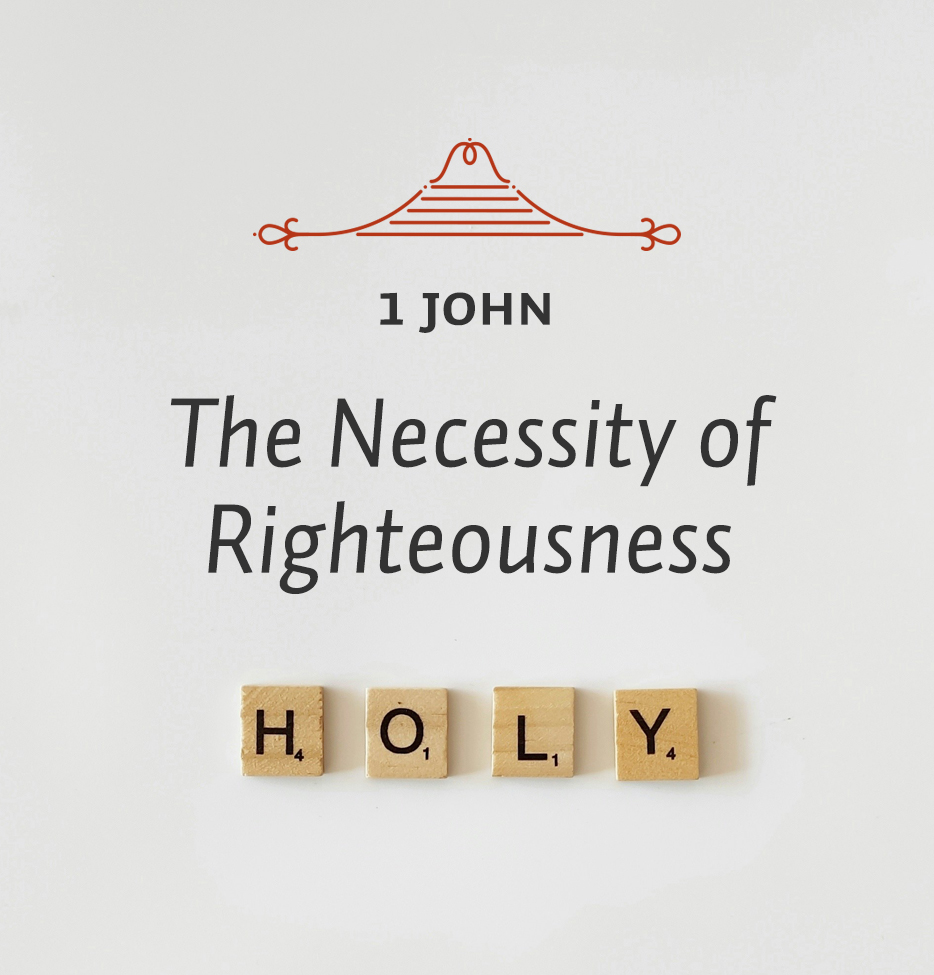This conclusion also comes to Christians living in our own time. Do we say we are Christians? Then “he that saith he abideth in him ought himself also so to walk, even as he walked.” Clearly, in this verse the first “he” is the Christian; the second “he” or “him” is Jesus. The call is to emulate Jesus in our conduct. “Earlier,” as Calvin said, “he had set the light of God before us as an example. Now he calls us also to Christ, to imitate him. Yet he does not simply exhort us to the imitation of Christ but, from the union we have with him, proves we should be like him.”1
To walk as Christ walked is to live, not by rules, but by example. It is to follow Him, to be His disciple. Such a discipleship is personal, active, and costly. It is personal because it cannot be passed off to another. Indeed, we are to find ourselves with Christ as Peter did following the resurrection. Jesus asked Peter, “Lovest thou me?” When Peter replied “Yes,” as he was obliged to do, Jesus commanded, “Feed my sheep.” This was repeated three times, and it began to irritate Peter. So to escape Christ’s careful probing he turned to the beloved disciple, who was apparently standing some distance away, and asked, “Lord, and what shall this man do?” Jesus replied, “If I will that he tarry till I come, what is that to thee? Follow thou me.” In other words, there was no escaping the call to a personal discipleship for Peter.
To walk as Christ walked is also active because the Lord Himself is active. To be inactive is to be left behind.
Finally, it is costly as well, because the path that Jesus walked is the path to crucifixion. It leads to glory, but before that it leads to the cross. Such a path can only be walked by the one who has died to self and who has quite deliberately taken up the cross of Christ to follow Him.
Such a one, whether in John’s day or our own, will always have confidence before God and will be sure that he knows Him. Here Dodd concludes most perceptively:
In this passage our author is not only rebutting dangerous tendencies in the Church of his time, but discussing a problem of perennial importance, that of the validity of religious experience. We may have the feeling of awareness of God, of union with him, but how shall we know that such experience corresponds to reality? It is clear that no amount of clearness or strength in the experience itself can guarantee its validity, any more than the extreme vividness of a dream leads us to suppose that it is anything but a dream. If, however, we accept the revelation of God in Christ, then we must believe that any experience of God which is valid has an ethical quality defined by what we know of Christ. It will carry with it a renewed fidelity to his teaching and example. The writer does not mean that only those who perfectly obey Christ and follow his example can be said to have experience of God. That would be to affirm the sinlessness of Christians in a sense which he has repudiated. But unless the experience includes a setting of the affections and will in the direction of the moral principles of the Gospel, it is not true experience of God, in any Christian sense.2
There is more to be said, of course, as Dodd also indicates. In fact, more is to be said in the very next verses. But thus far the test of one’s experience holds. By the test of righteousness we may know that we know God and may assure our hearts before Him.
1John Calvin, The Gospel According to St. John 11-21and The First Epistle of John (Grand Rapids, MI: Eerdmans, 1961), 247.
2C. H. Dodd, The Johannine Epistles (London: Hodder and Stoughton, 1946), 32.






